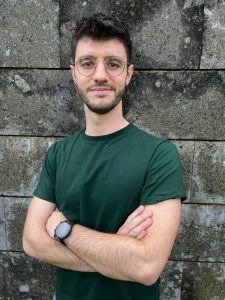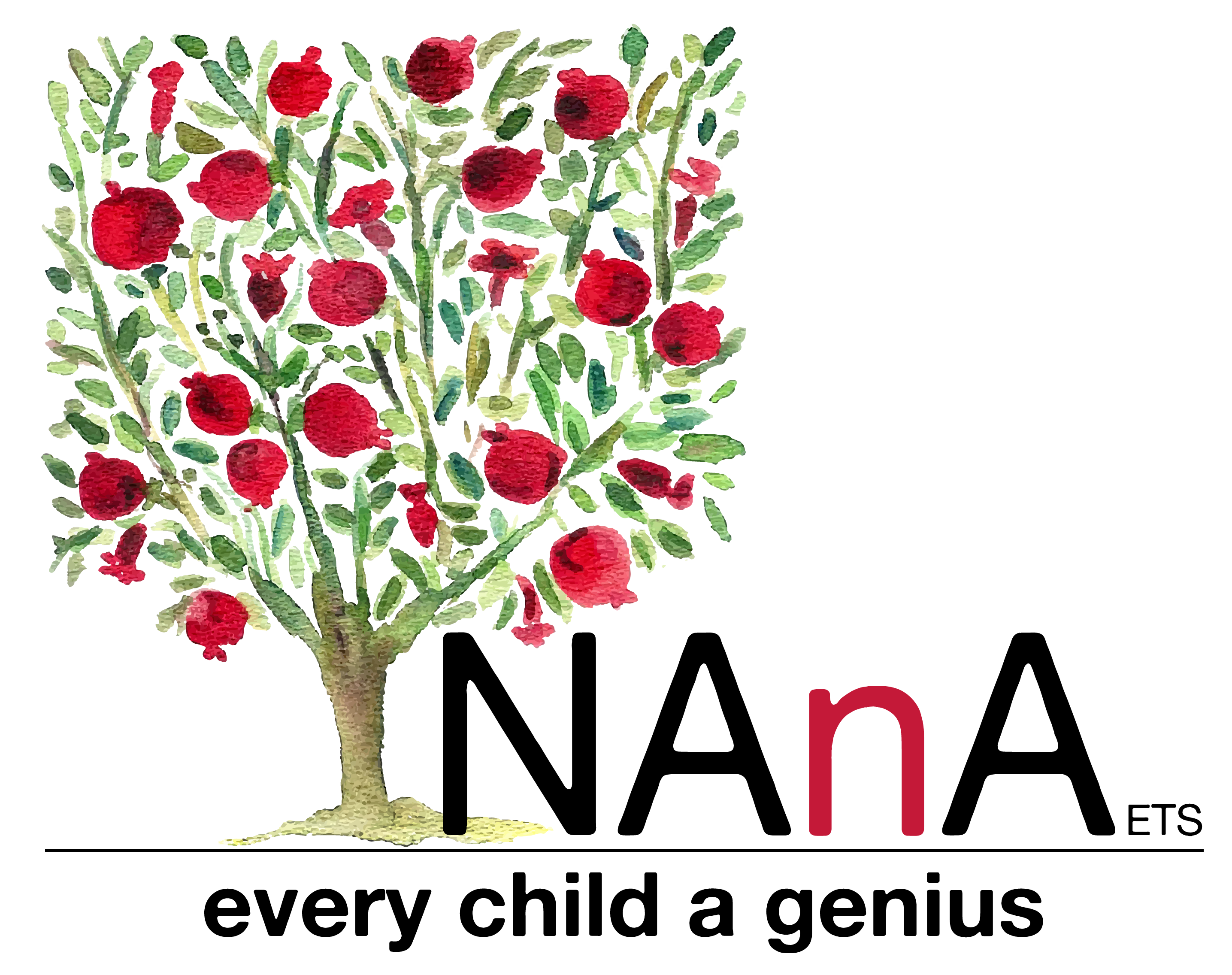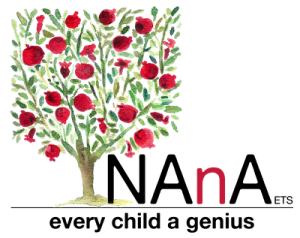Interview
I’m analyzing a longitudinal cohort of Multiple Myeloma patients’s ATACseq data, an NGS technique that allows the detection of open chromatin regions in a sample. To answer the biological question, I’m developing an innovative computational framework that allows the analysis of ATACseq data, taking into account the temporal evolution of cancer cells.
My ongoing project aims to define the epigenetic alterations leading to drug resistance in Multiple Myeloma patients. More in detail, I’m focusing on the identification of regulatory regions that donate high plasticity to tumor cells, allowing them to escape Bortezomib treatment and re-expand, causing relapses. Thus, the final goal is to define a subset of regions that are strongly modulated in Multiple Myeloma progression and are potential targets for future epigenetic therapies.
I am a Ph.D. student in Data Science at the University of Rome “La Sapienza”. As my doctoral studies are conducted in collaboration with the IRCCS National Cancer Institute “Regina Elena”. I am currently undertaking my project within Maurizio Fanciulli’s group.
Biosketch
Stefano di Giovenale MD, PhD

I am a Ph.D. student in Data Science at the University of Rome “La Sapienza”, Italy. As my doctoral studies are conducted in collaboration with the IRCCS National Cancer Institute “Regina Elena” in Rome, I am currently undertaking my project within the Fanciulli Lab at this institute. I completed my undergraduate studies at the University of Rome “Tor Vergata”, graduating with a Bachelor of Science in Biotechnology in 2019, followed by a degree in Bioinformatics at the same university in 2021. Both degrees were obtained with honors (cum laude).
During my Master’s Thesis, carried out at the IRCCS National Cancer Institute “Regina Elena” in the Fanciulli’s Lab, I worked on the identification of regulatory regions involved in the pediatric type-B Acute Lymphoblastic Leukemia evolution and drug resistance. Since my strong interest in the epigenetic role in cancer evolution, my PhD project is focused on defining the epigenetic alterations leading to drug resistance in Multiple Myeloma patients through the development of a computational framework that integrates network theory principles.
In 2022, I was honored with the Francesca Martini Award for an Experimental Degree Thesis in Oncohematology by NAnA ETS. Thanks to the award, I have been able to partially offset expenses that I had during a 6-month PhD visiting at the Medical University of Vienna in the Iros Brozzis’ Lab.
Among the major publications:
1. Corleone, G.*, Sorino, C. *, Caforio, M. , Di Giovenale, S. et al. Enhancer engagement sustains oncogenic transformation and progression of B-cell precursor acute lymphoblastic leukemia. J Exp Clin Cancer Res 43, 179 (2024). https://doi.org/10.1186/s13046-024-03075-y

